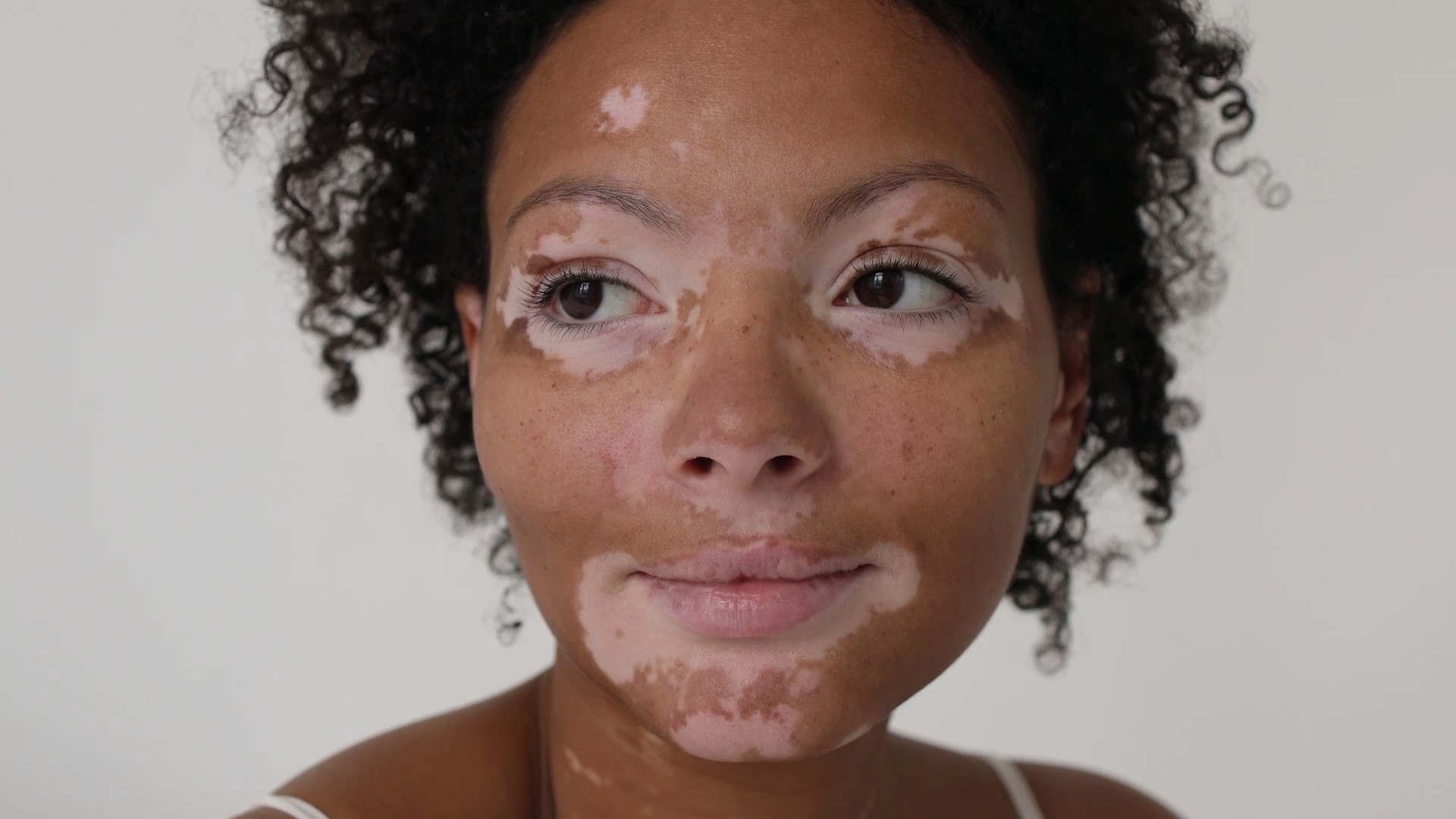HUNTSVILLE, Ala. — June is Vitiligo Awareness Month. What is vitiligo? It's an auto-immune skin condition that de-pigments skin, meaning you lose color, resulting in white patches. The late singer Michael Jackson suffered from Vitiligo.
Meet Vitiligo and Pigmentation Institute of Southern California Director and Dermatologist Dr. Pearl Grimes. Dr. Grimes said Vitiligo is a rather classic autoimmune disease, a chronic condition, that can affect any area of the body. "The face, the extremities, the trunk. It's usually progressive, and given the contrast between the white patches and normal skin, it causes extreme emotional distress, psychological trauma for patients. And one of the myths is it's contagious or is more common in darker racial ethnic groups. These are all myths. It's not contagious and it has an equal incidence in both genders and in all racial ethnic groups."
Vitiligo affects more than 1.5 million people in the United States. "The immune system destroys the pigment producing cells in the skin. These cells are called melanocytes, and once they're destroyed, a white patch or a deep pigmented patch appears," Dr. Grimes explained.
Neil Goetz is personally living with the disease. He noticed the symptoms on his body about 3 years ago. "I noticed white patches around my lips on the sides of my nose and eventually spreading to my forehead." Eventually, his face completely depigmented. "I'm in the entertainment industry, so that means I'm in the public eye. I am going to many events, I'm going to be photographed and I just did not feel I was my best self. When you're not feeling your best, "...you don't perform at your best," he said. Goetz continued that this is a very real disease. But for anyone struggling with Vitiligo, "It's nothing to be ashamed of. You didn't cause it. Don't listen to what your friends have to say."
Most importantly, anytime you notice something unusual with your body - always seek medical attention right away.
This interview opportunity is provided by Incyte.

